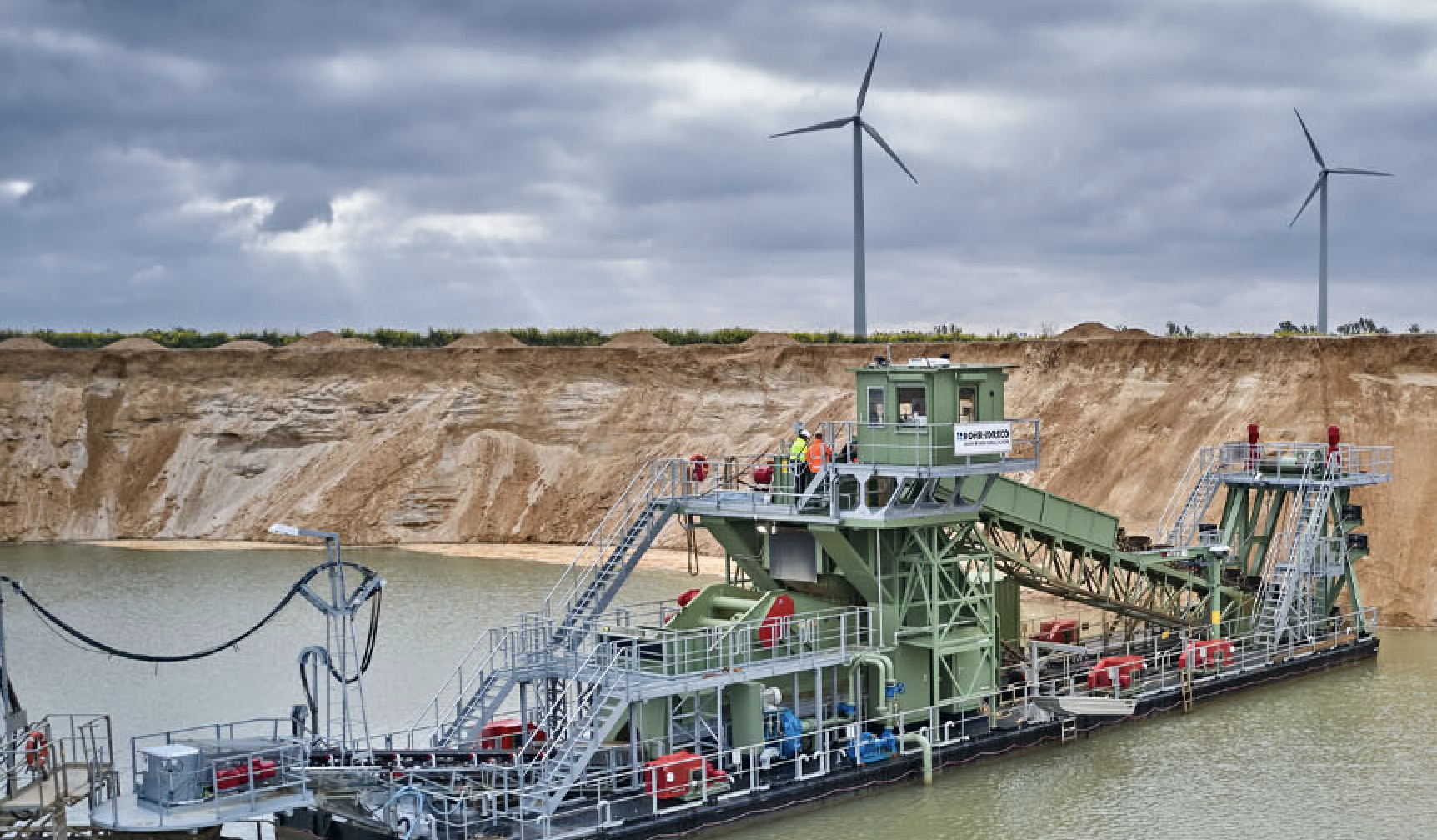Green Producers: Who are they?
This article is the first of a five-part series on green producers, and why we should celebrate those who have been doing it well and will continue to do so.

As we move into a post-COVID era with regular reminders of Green New Deals, electric cars, solar power, wind farms, sustainability reports, net zero carbon goals, and the like, our performance conversations are changing. The idea of “green” is becoming a larger and larger topic in the business.
What is your definition of a green producer? How do you get there?
Companies tout reclamation programs, recycled materials, and the host of popular movements including windmills, solar power, or electricity over diesel. However, the same fundamental practices that top tier operators execute as a habit can yield better results than many of the advertised options.
Consider what being “green” really means. Does it not refer to a clean and efficient use of resources? Maximizing valued output and minimizing consumption and non-valued outputs? A green producer is just a great producer.
Most of us can easily identify a great producer. The magic is understanding why that makes them green. Consider reserves for a moment. Permits are more difficult every year. Land prices and lease rates are rising quickly. Finding a way to maximize every acre of reserves can reduce the need for additional permits, land, or leases. These items are commonly mentioned in every capital request associated with reserve recovery.
Not captured in those papers: there is less land disturbed. Less land disturbed means lower risk of disruption of an ecosystem, be it endangered turtles or masses of trees that are vital for balance in our atmosphere. Though not the original goal of a great operator, the premise of optimizing reserves nets an environmentally conscious result, a green operator.
Over the next few articles, we will dive a bit deeper into reserve recovery. In addition, we will discuss operating efficiency, water conservation, plant availability, fuel, and people power. Each of these has a huge impact on the environment. We will also cover some of the tools and technologies available to maximize that impact. Great operators manage all of these in the name of the business. The added benefit is there is a positive environmental impact.
It is important to celebrate things we do with being green in mind. It’s also important to celebrate and recognize the things great operators already do that made them green decades ago.
About the author:
 Richard Crowe is senior consultant for Inlet Capital Group. He has nearly 20 years of experience in plant and area level operations management. He can be reached at rcrowe@inletcapitalgroup.com or 561-529-5569.
Richard Crowe is senior consultant for Inlet Capital Group. He has nearly 20 years of experience in plant and area level operations management. He can be reached at rcrowe@inletcapitalgroup.com or 561-529-5569.
